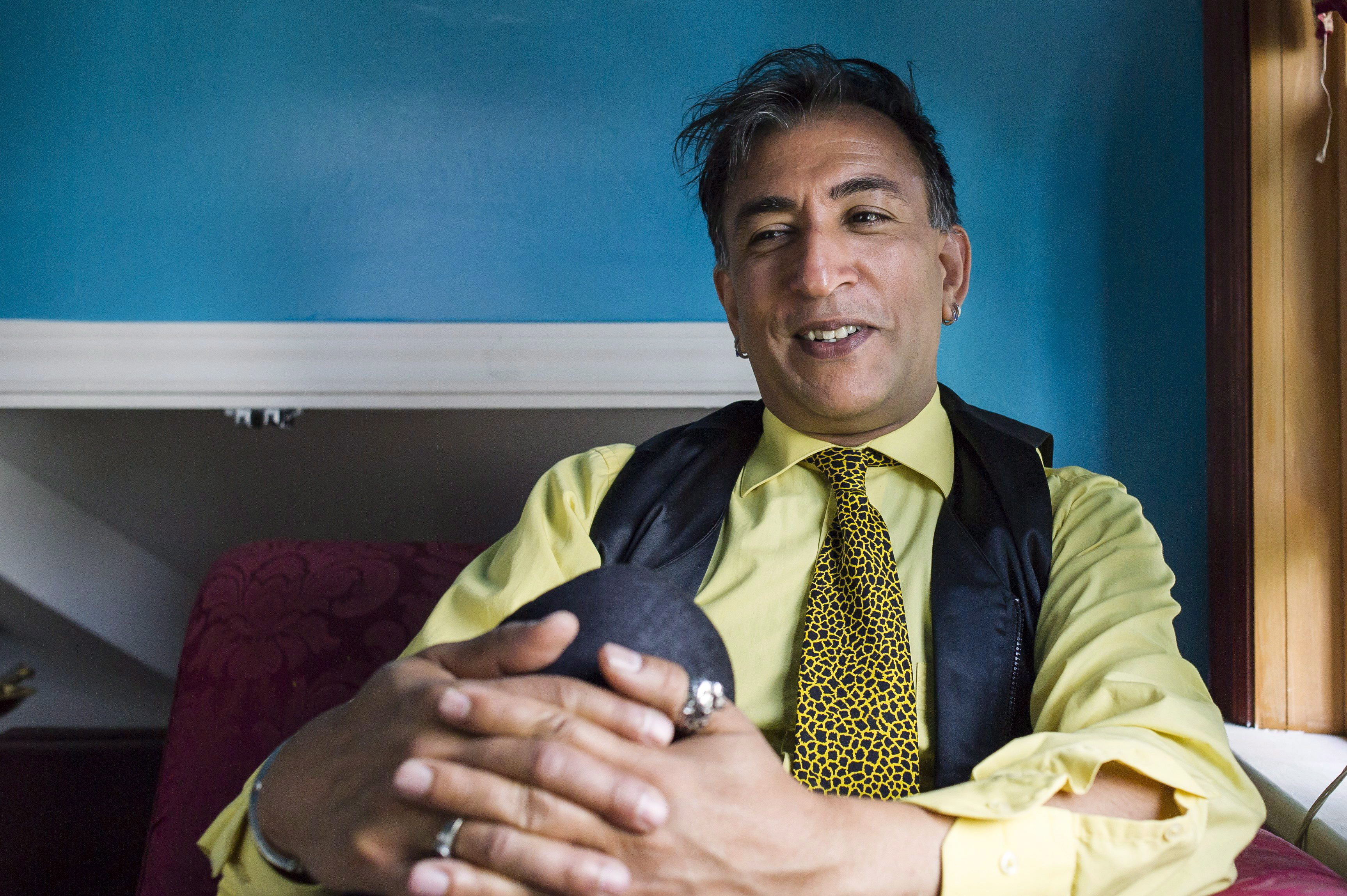This LGBTQ Inclusive Mosque in Calgary Receives Threats for Just Existing

Credit to Author: Hadeel Abdel-Nabi| Date: Fri, 07 Dec 2018 14:15:20 +0000
El-Tawhid Juma Circle (also known as “Unity Mosque”) is a gender-inclusive, LGBTQ+ affirming mosque that has chapters all over Canada. What originally began as a small group in Toronto looking for a comfortable space to be themselves and practice Islam, has expanded to include chapters in a multitude of Canadian cities, including Calgary.
Calgary’s chapter was first started in 2013, five years after the founding El-Tawhid in Toronto by El-Farouk Khaki, Dr. Laury Silvers and Troy Jackson in May of 2009. Since then, the group has gone onto include members beyond the LGBTQ+ community, attracting converts that felt out of place in a “traditional” mosque setting, allies and anyone interested in having open discussions.
For the most part, El-Tawhid functions like a “regular” mosque. They believe in love and community, host Friday prayers and sermons and have built strong connections with each other. But the thing that stands out the most about El-Tawhid is that it doesn’t operate out of a traditional, physical mosque, it travels wherever its members are: in coffee shops, homes and (in the summer) outside.
This travelling mosque model comes out of necessity and for the safety of its members. In the past, members (both heterosexual and LGBTQ+ identifying) have received threats for associating with El-Tawhid, threats that have come from the outside world and within Calgary’s Muslim community. Safa Rahman, a longtime supporter of El-Tawhid and queer activist, said that there have been individuals even calling in and asking for a list of members, looking to “out” them to their families and the community. One member was actually outed and was completely rejected by their family.
“Their parents actually told them ‘if we see you again, we will kill you and you’re not one of us,’” Zain Ahmed, a facilitator for the Calgary chapter, said.
There have also been instances of people being ostracized for attending El-Tawhid meetings.
“Let’s just say we wouldn’t necessarily have a Unity meeting in a mosque,” Rahman said. “Our members, who may or may not identify as queer or as allies, wouldn’t necessarily feel welcome or accepted in a traditional Muslim community, because if you are of a different sexual orientation than heterosexual, you’re branded as evil.”
Haider Ali, like many young Muslims, has grown up with the understanding that homophobia is just something that exists within the community, whether it manifests as an act of violence or in his case, microagressions.
“I came out to high school and then the first few family members I came out to, both of them, their first words were: ‘but you’re Muslim.’ I was like, ‘oh, I can’t be both, I have to choose one,’” he said.
As a gay Pakistani Muslim Ali, like many before him, struggled with the intersecting identities that come with being a part of the Muslim community in the city and identifying as something other than the “norm.” It’s something that’s led him to cut-off most ties with Calgary’s Muslim population for self-preservation.
“I feel like I have to identify as Muslim because that’s part of the culture that I grew up in,” Ali said. “But in terms of reconciling the two, I feel like I’ve gone away from identifying as a Muslim because it’s only ever caused me grief, anxiety and fear—so over the years I’ve become less religious.”
El-Tawhid attendees have created their own tightly-knit family where they can worship freely in Calgary’s conservative Muslim environment. But they struggle with getting the word out to other potential members, for safety and privacy reasons. Recently, Calgary’s chapter has decided to hold a few events that will be open to the public, which invited its own set of concerns.
“The fear comes from the level of homophobia in the Muslim community and I see it. I’ve heard it in khutbahs [sermons], I’ve even heard it in khutbahs at the University of Calgary,” Ahmed said.
This is a common feeling among El-Tawhid members and part of the reason that the group has become to close.
“It’s extremely concerning that members of the Unity Mosque in Calgary have been subjected to threats and harassment of this nature. No person, regardless of their religion, race, sexual orientation or other characteristics, should have to endure this,” Leila Nasr, a spokesperson for the National Council of Canadian Muslims said. “All forms of hate and intolerance are unacceptable, irrespective of place or perpetrator. But threatening people at their place of worship where they go to find peace and serenity violates a very intimate sense of personal safety which makes this case especially worrying.”
But it’s important to note that homophobia and transphobia clearly aren’t just “Muslim issues”—anyone with wifi knows that this is widespread. And like in many communities, it’s important that the conversation is first acknowledged before being shut down.
“It’s really interesting how easy it is for us to ignore an entire community. And there are people that are queer and that are out and a lot them are likely Muslim,” Rahman said. “For those of us who may not be fully agreeable to a lot of the existing communities, it’s really hard for us to find each other, and so when we do, we cling to each other.”
And while meeting in secret and having a closed Facebook group has made it difficult for other Muslims to find El-Tawhid, they plan on having a few events that are open to the public to gain some awareness and possibly some new members. This doesn’t mean that the threat that comes with awareness isn’t very real, but they’re prepared to take that on.
“We have to deal with the situation just like we would with any other violent situation,” Ahmed said.
Follow Hadeel on Twitter.